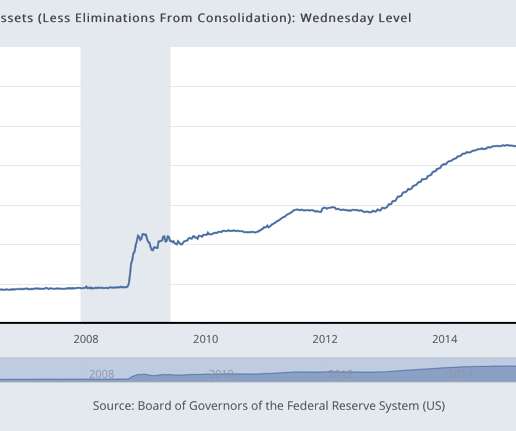Descent of the Global Monetary System
Tom Spencer
MAY 9, 2020
Australia, Canada, the EU, Japan, Mexico, the UK, and America), when they devalue their currency it tends to weaken in the foreign exchange market, making the country more competitive in global trade. Since most advanced economies have adopted a freely floating exchange rate (e.g. At first it seems strange that they would do this.












Let's personalize your content